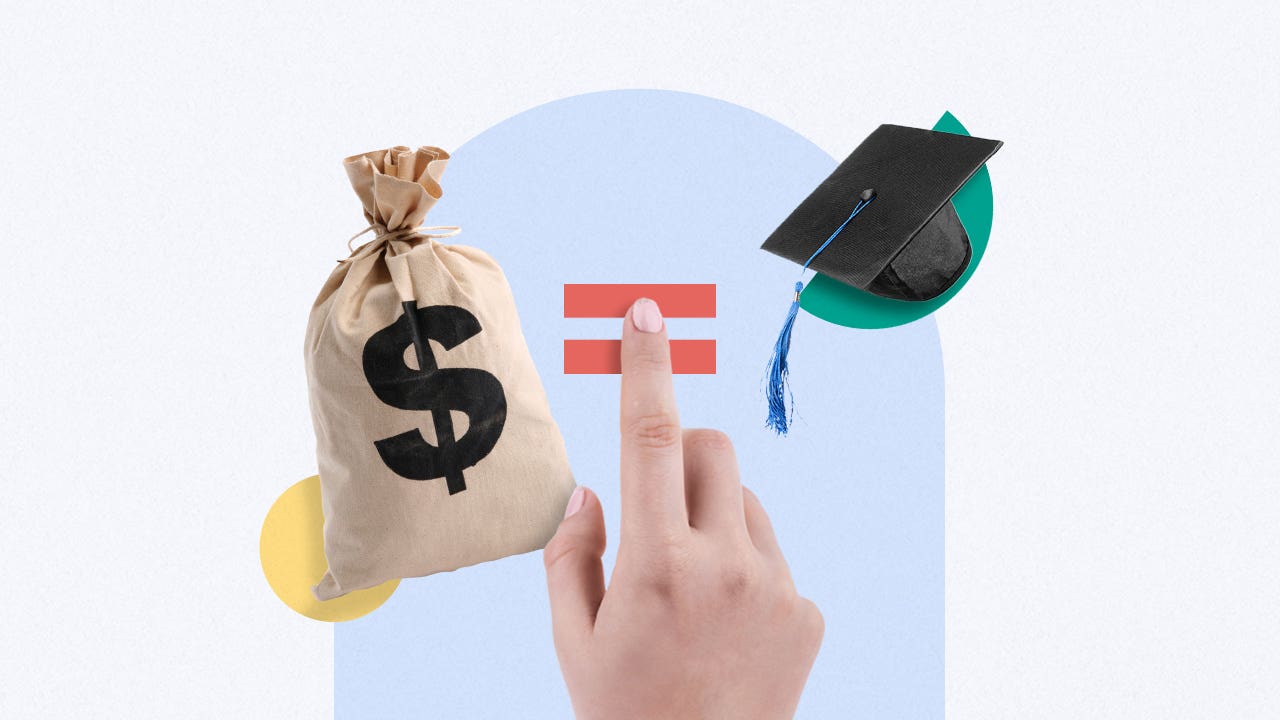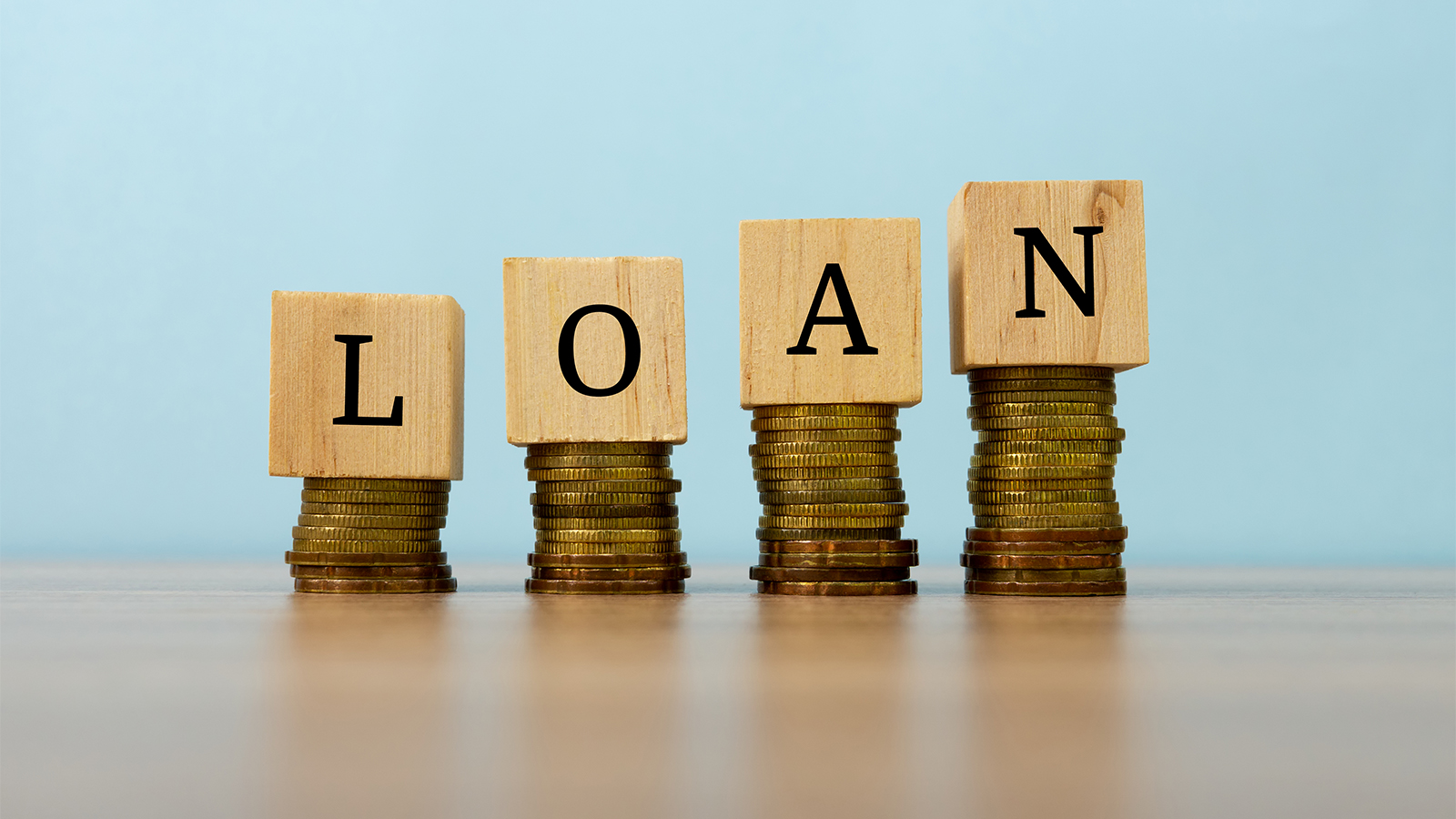Understanding the Effect of Rates Of Interest on Home Loans for First-Time Customers
Browsing the labyrinth of home fundings can be intimidating for novice customers, particularly when passion rates play a crucial duty in forming their economic journey. The choice between adjustable-rate and fixed home loans lugs considerable effects, influencing regular monthly spending plans and long-term financial stability. As rate of interest rates vary with economic changes, understanding their decision ends up being vital.
How Rates Of Interest Are Determined
Rates of interest on home loans are determined by a complicated interaction of financial elements and policies. The main chauffeur is the financial policy set by central financial institutions, such as the Federal Get in the USA, which adjusts the federal funds price to affect financial activity. When the central financial institution increases this price, obtaining comes to be extra costly, commonly causing boosted home loan passion prices. On the other hand, decreasing the federal funds rate can make borrowing less expensive, possibly minimizing home loan prices.
An additional influential factor is inflation. Greater rising cost of living generally causes greater rate of interest as lending institutions require more go back to balance out the reducing buying power of future settlements. Financial development also plays an essential function; in durations of robust financial efficiency, need for credit report increases, which can increase rate of interest.
Additionally, the bond market substantially influences home mortgage prices. Long-term rate of interest, including those for mortgage, are carefully tied to yields on government bonds. As bond yields rise, so do home loan rates, mirroring the boosted expense of lasting borrowing.

Kinds Of Rates Of Interest
Understanding the different types of rate of interest prices is integral to comprehending just how home financings operate. A fixed interest price continues to be consistent throughout the term of the financing.
In comparison, a variable rate of interest price, also referred to as a flexible rate, rises and fall with time, typically in response to changes in a defined benchmark or index. These prices typically begin less than fixed prices, which can be attractive to newbie purchasers. However, they require the danger of raising over time, possibly causing greater general expenses if market rates rise.
Furthermore, some lenders offer hybrid passion prices, incorporating aspects of both taken care of and variable prices. As an example, an initial duration with a fixed rate could be complied with by a variable price. Understanding these distinctions is essential for customers to make informed decisions that line up with their monetary situations and take the chance of tolerance, as each type presents prospective disadvantages and special advantages.

Impact on Month-to-month Repayments
Regular monthly settlements on home mortgage are straight affected by the kind of interest rate chosen, which can significantly influence a borrower's monetary preparation. Fixed-rate home mortgages use stability, as the rates of interest stays unmodified over the loan's term, guaranteeing that month-to-month repayments remain consistent. This predictability aids in budget preparation, offering a clear economic photo over the financing's period. Alternatively, adjustable-rate home mortgages (ARMs) originally existing lower rates of interest, which can cause smaller sized first payments. These rates are subject to fluctuations based on market problems after the first fixed period, possibly increasing regular monthly commitments.
The choice between a fixed-rate and an adjustable-rate mortgage can have prompt effects on a buyer's monthly budget plan. Fixed-rate lendings secure versus market volatility, using satisfaction however frequently at a higher initial rate contrasted to ARMs. For debtors intending to stay in their homes lasting, this can be useful. On the other hand, ARMs might suit purchasers expecting earnings growth or those planning to offer prior to the rate adjustment happens, permitting them to capitalize on lower repayments. Ultimately, understanding these characteristics is vital for new buyers to manage their month-to-month repayments properly and align them with their financial approaches.
Long-term Financial Ramifications
The option of rate of interest price kind for a home financing prolongs past prompt regular monthly payments, bring substantial long-lasting financial ramifications. A fixed-rate home mortgage, as an example, provides stability by securing in rates of interest for the duration of the car loan term, protecting borrowers from future rate boosts. This predictability can assist in lasting monetary preparation, permitting homeowners to forecast expenses without the risk of rising repayments. Nevertheless, if market prices drop, debtors with a fixed-rate mortgage might lose out on potential savings unless they re-finance.
On the other hand, an adjustable-rate mortgage (ARM) usually starts with a reduced rates of interest, which can result in reduced first settlements. In time, nevertheless, the price can change based on market problems, potentially resulting in greater settlements. This irregularity presents a component of uncertainty, which could impact financial security if prices raise significantly.

Techniques for Handling Prices
Browsing passion rates on home finances calls for critical preparation to enhance economic outcomes. First-time buyers should take into consideration securing in rate of interest prices when they are desirable, as this can protect them from prospective price hikes before their car loan closing.
An additional approach entails choosing the right finance kind. Fixed-rate home mortgages supply security, protecting debtors from future rate rises, while variable-rate mortgages (ARMs) might provide lower preliminary rates with the risk of future changes. Buyers should thoroughly assess their great site economic scenario and threat tolerance when picking in between these alternatives (pre approval student loans).
Last but not least, preserving a solid credit profile is important. A greater debt rating can substantially enhance arrangement power for more favorable rates of interest. Consistently examining credit rating reports, dealing with inaccuracies, and reducing arrearage can boost general creditworthiness, therefore placing buyers to protect the most helpful rates readily available.
Verdict
An extensive understanding of interest prices on home fundings is necessary for new buyers to make educated decisions. Strategic administration of passion rates can substantially affect homeownership success and financial wellness.
When the central financial institution raises this price, obtaining comes to be much more pricey, commonly leading to pop over to this web-site increased home finance passion prices.In comparison, a variable passion rate, also recognized as an adjustable price, varies over time, normally in feedback to changes in a specified benchmark or index.Furthermore, some loan providers use hybrid passion prices, integrating aspects of both repaired and variable prices - pre approval student loans. A fixed-rate mortgage, for instance, supplies security by locking in rate of interest rates for the period of the car loan term, securing consumers from future rate boosts. Newbie buyers need to think about securing in rate of interest prices when they are positive, as this can secure them from prospective rate walks before their lending closing